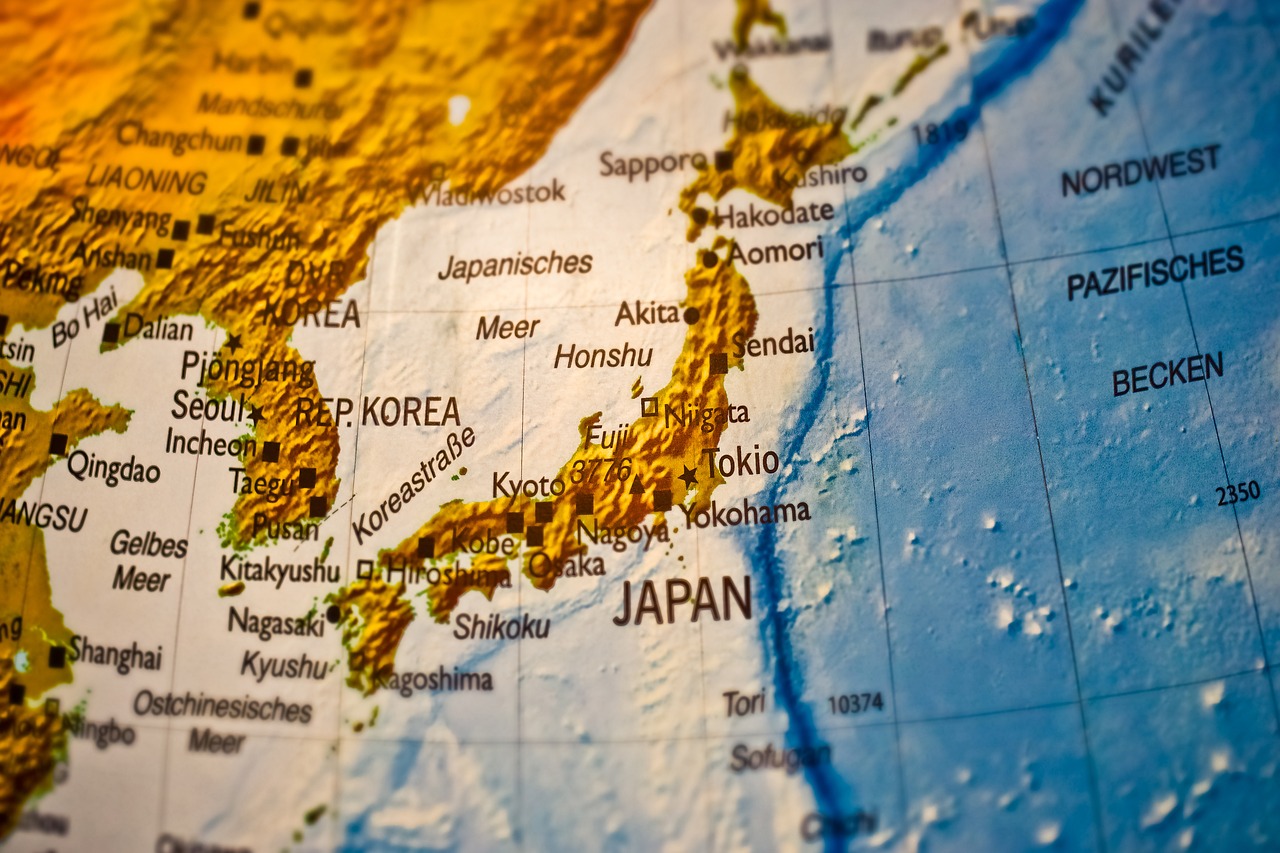Despite the number of coronavirus cases skyrocketing in South Korea, the country has managed to obtain a low fatality rate, as well as seeing a decrease in their daily rise in the past week. Whilst many European countries, specifically Italy, are now facing escalating rates and national grief, former coronavirus hotbeds China and South Korea are starting to stabilise. How is it that South Korea managed to cope effectively without the need to implement a national lockdown?
South Korea has been efficient in their methods to contain the virus and other countries should follow suit to minimise the spread. Their most effective weapon has been rapidly testing. They have been testing around 15,000 to 20,000 people per day. The government has estimated nearly 300,000 people have been tested in South Korea since 3rd January. Whilst in the UK, only around 37,746 people have been tested so far.
The Korean government has deployed 53 drive-through sample collection stations, which means no physical contact with anyone, protecting the patient and healthcare workers. The process takes about 10 minutes and they receive the results within 24 hours. As well as this, most public places such as airports, hotels and bars check your temperature on arrival.
South Korea received some backlash for some of its measures being too invasive. They have devised a system whereby they can track anyone who has been confirmed to have COVID-19. It uses GPS and informs people of the individual’s every movement. I have received several emergency alerts since being here, telling me how the person contracted the virus and which area they are situated in. The BBC wrote an article last week commenting on how explicit some of the reports were, but, it does seem to be working, with the daily rise steadily declining, from 686 on 2nd March to 131 on the 10th March.
How does the UK’s approach to COVIS-19 differ to South Korea? For starters, the UK, like many other countries, seemed quite complicit in the early stages of the virus, assuming that they will not be as badly affected. But with something like a new virus, ignorance is not bliss. Although the British government is following measures supported by scientific research, they are lacking transparency and accountability. In many ways, Britain’s current stance is appropriate for the time being. It would be easy to implement stricter methods, but for now, it would be unwise to use every restriction at their disposal immediately. In time, more drastic measures do need to be taken, but first and foremost, they need to test more people. The current figure is not a true representation of the situation. As they have now entered the ‘delay’ phase (as of the 15th March) in the four-stage plan, with the hope that this will buy some more time before the situation rapidly worsens, checks and tests need to be a priority. Although the current advice is to self-isolate if you are displaying symptoms, the government should encourage people to get tested, before we see more and more of these people in a critical condition. As the number of fatalities doubled in 24 hours, any signs or symptoms should be taken seriously and acted upon before more lives are lost that could have been avoided.
By no means is South Korea in the clear, with a recent outbreak in the city’s capital, Seoul, where over half the population live, there is still a lot of fear surrounding the potential spread. But their measures and methods cannot go unnoticed. The UK and other countries should prepare and increase their efforts to counter this pandemic in the most effective way possible. As a lot of papers are now acknowledging, this could be just the beginning. Time to be united in our efforts and do our utmost to protect those that are most vulnerable.
Sophie Denham

